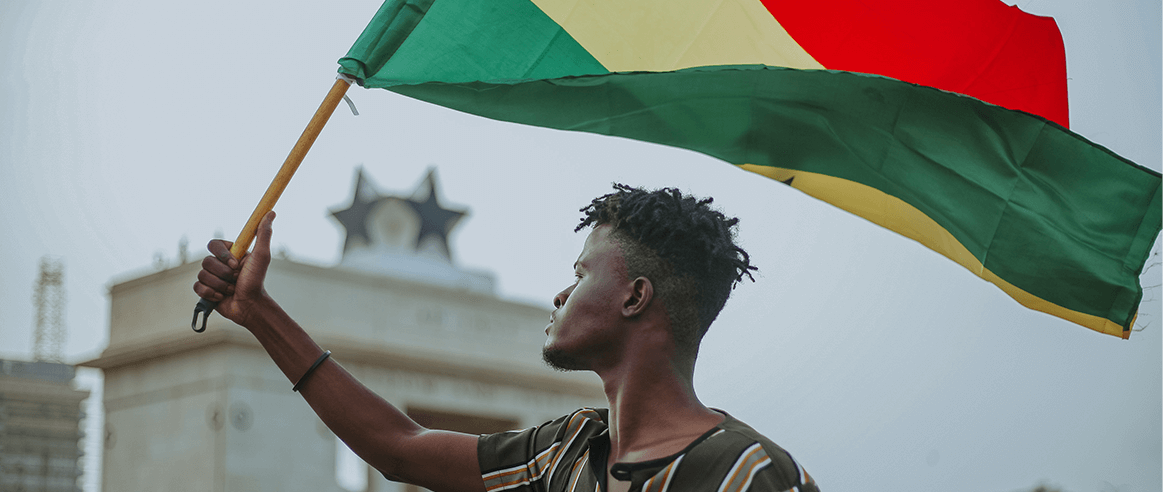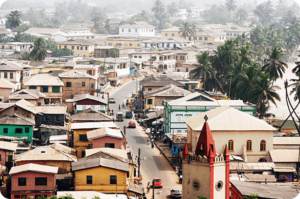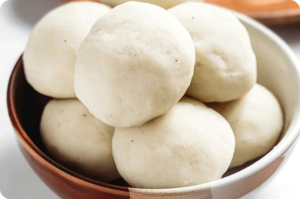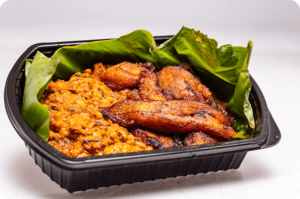Written by Kyobe John
Ghana is an ideal place to explore fresh fruit and vegetable markets, taste delicious fried plantains seasoned with chili pepper and ginger, and stroll busy streets in a country where the sun almost always shines. Women wrapped in colorful West African fabrics and people playing draughts—game similar to checkers—in courtyards or cafés provide just a slice of the diversity of Ghanaians. There are fifty-two ethnic groups in the ten regions of this country making up Ghana’s culture, making it easy to find a variety of traditional festivals and ceremonies to attend.
Family life
Host families in Ghana are typically large, with several generations living in the same home or compound. By nature, Ghanaians are warm, friendly, and hospitable. Although Ghanaians tend to be laid-back, families may be quite strict and protective of their children. Most Ghanaian families do not allow their children to sleep over at friends’ homes. In most Ghanaian families, household chores are normally gender specific—except homes where all the children are of one gender; thus, girls are expected to help with cooking and sweeping outside the house while boys sweep the living room and wash the family car (if there is one).
In Ghana’s culture, it is common to find a strong sense of community and great respect for the elderly. Young people refer to adults as “auntie” and “uncle” (or “grandma” and “grandpa” for older people). Outdoor dining is popular, with families cooking meals and socializing in the courtyard. In most families, it is considered rude to spend a lot of time in one’s bedroom alone. Family members usually spend time together by watching TV during the evenings or attend church, funerals, or weddings during the weekends. Drinking of alcohol and smoking is totally forbidden in Ghanaian homes.
Language
The various Ghanaian Ethnic Groups speak over ninety languages and dialects. Some of the languages are Akan, Moshi-Dagomba Ewe and Ga. English is the official language of Ghana.
Food
Food in Ghana tends to be hot and spicy, with ingredients like yams, cassava, maize, beans, plantains, and rice. Tropical fruits and vegetables supplement the diet. The mainstays of Ghanaian cuisine are sauces, usually eaten with rice.
Popular Ghanaian dishes include: fufu, (a loved staple for most of West Africa) which is mashed ball made of cassava, yam or plantain that has been cooked and pounded into a semi-plastic state; Ghanaian red-red, which is beans, shrimp or prawns, red palm oil, and tomatoes; and custard melkkos, custard with cinnamon.
Other types of dishes usually served in Ghana are: kenkey, traditionally prepared by boiling balls of mixed portions of fermented cooked maize meal and raw maize dough wrapped in dried corn husk; banku, fermented corn/cassava dough cooked in hot water into a smooth whitish paste; and gari, made from fresh cassava which is grated and squeezed of excess liquid where the remaining grated cassava is then fried over an open fire on a broad metal pan, resulting in a product that is crispy and crunchy to taste, easy to store, and can be eaten with stew or soup and fish.
Street shops and markets are often filled with fresh foods with local taste. A popular dessert is fried plantain seasoned with chili pepper and ginger called kelewele.










